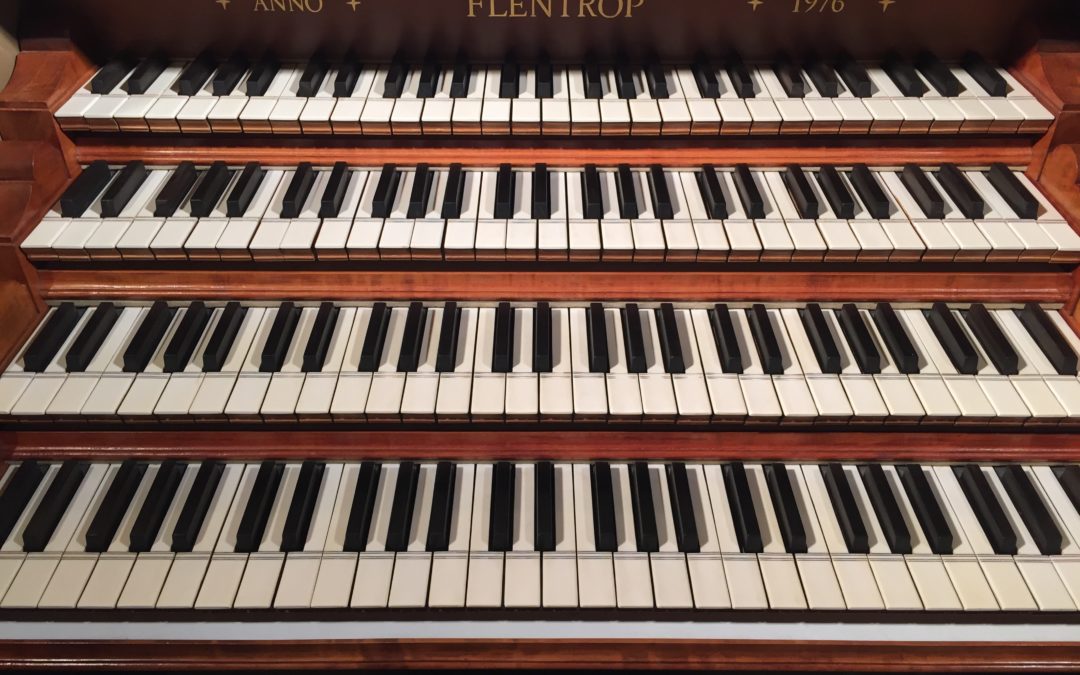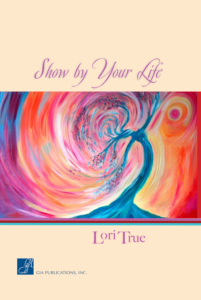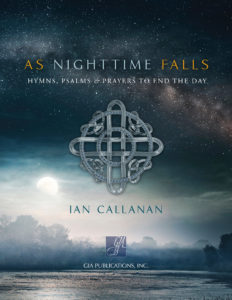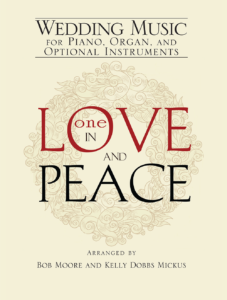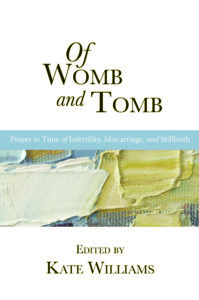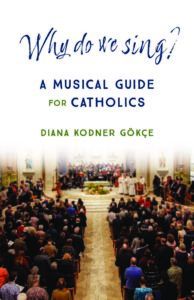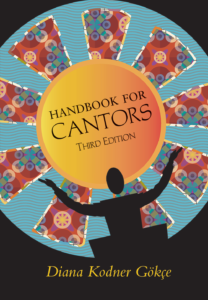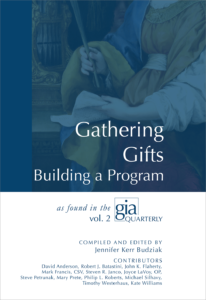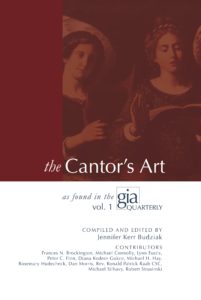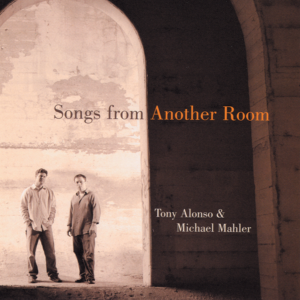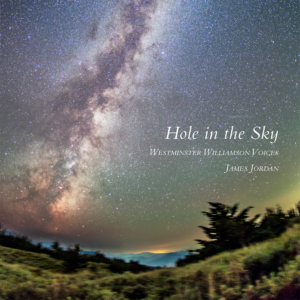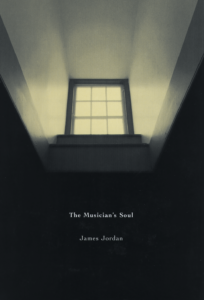Since moving to Detroit, I have served in several churches with members that represented many different ethnic backgrounds. It became a much-anticipated tradition for me to highlight Black History month through music as well as other artistic creations, and I looked forward to that month every year, using spiritual solos and arrangements as well as organ preludes and postludes. It seems to me to be significant to mark the month with tributes that are heartfelt and joyous, as well as to be sure that music of all people is represented throughout the year.
So if you are still looking for some organ music to use this month of February, here are some ideas. And if you are looking for some wonderful repertoire by African American composers to use at any time of the year, the best place to start is GIA’s three volume set, King of Kings, Volumes 1-3, Organ Music of Black Composers, Past and Present, Compiled and Edited by James Abbington.
I’ve been using Volumes 1 and 2 for a number of years now, and the following are some of my favorite pieces. In the first volume, Retrospection by Florence B. Price (ca. 1887-1953), and three pieces by Samuel Coleridge-Taylor (1875-1912), Arietta, Melody, and Elegy.
Florence B. Price was born in Little Rock, Arkansas and died in Chicago, IL. She was the first black woman to have a symphony performed by a professional orchestra, the Chicago Symphony Orchestra. Her catalog is large and includes symphonies, chamber music and choral works as well as music for organ and piano.
Samuel Coleridge-Taylor was an English composer, born in London to an English woman and a Sierra Leone Creole physician. They were not married, so his mother, Alice, raised him in her father’s household. Samuel achieved a great deal of success and was referred to as the “African Mahler” by white New York musicians after three tours of the US in the early 1900s. Coleridge-Taylor died of pneumonia at the age of 37, an illness often attributed to stress regarding his financial situation. After his death, King George V bestowed an annual pension on his widow, demonstrating the high esteem in which Coleridge-Taylor was held.
The second volume includes three more pieces by Florence B. Price: Adoration, A Pleasant Thought, and In Quiet Mood. There is also an Impromptu by Coleridge-Taylor.
The second volume also includes a lovely Prayer: An Offertory by George Walker. George Walker (1922-2018) was the first African American composer to win the Pulitzer Prize for Music (for Lilacs in 1996). He earned his doctorate from Eastman School of Music, and was the recipient of numerous honorary doctorates and other significant awards. His autobiography, “Reminiscences of an American Composer and Pianist,” was published in 2009.
The second and third volumes include several pieces by Fela Sowande. The third book includes my newest favorite by Sowande, Jubilate. Chief Olufela Obafunmilayo “Fela” Sowande MBE (1905-1987) was born in Nigeria, lived and studied in London, and settled in the US, becoming a citizen in 1977. His organ compositions incorporate both Nigerian influences and Western techniques. He has been called “…the father of modern Nigerian Art Music.” Toward the end of his life he taught at Kent State University, in the Department of Pan-African Studies.
Other contemporary composers featured in these books are Norah Duncan IV, Chair of the Music Department at Wayne State University in Detroit, MI, and Marques L. A. Garrett, Assistant Professor of Music in Choral Activities at the University of Nebraska-Lincoln.
The editor of the series, James Abbington, is Associate Professor of Music and Worship at Candler School of Theology at Emory University in Atlanta, Georgia. Professor Abbington’s research interests include music and worship in the Christian church, African American sacred folk music, organ, choral music, and ethnomusicology.
So if you are looking for more diverse repertoire, get these books! Play the music!

